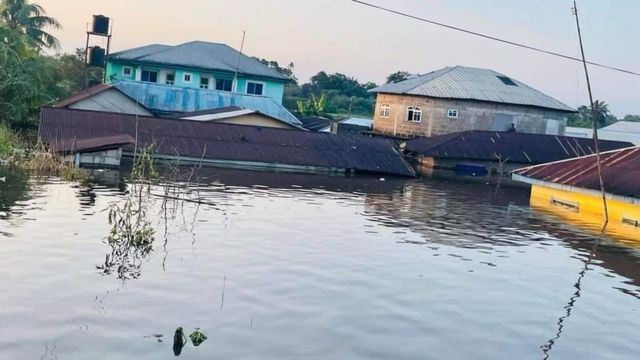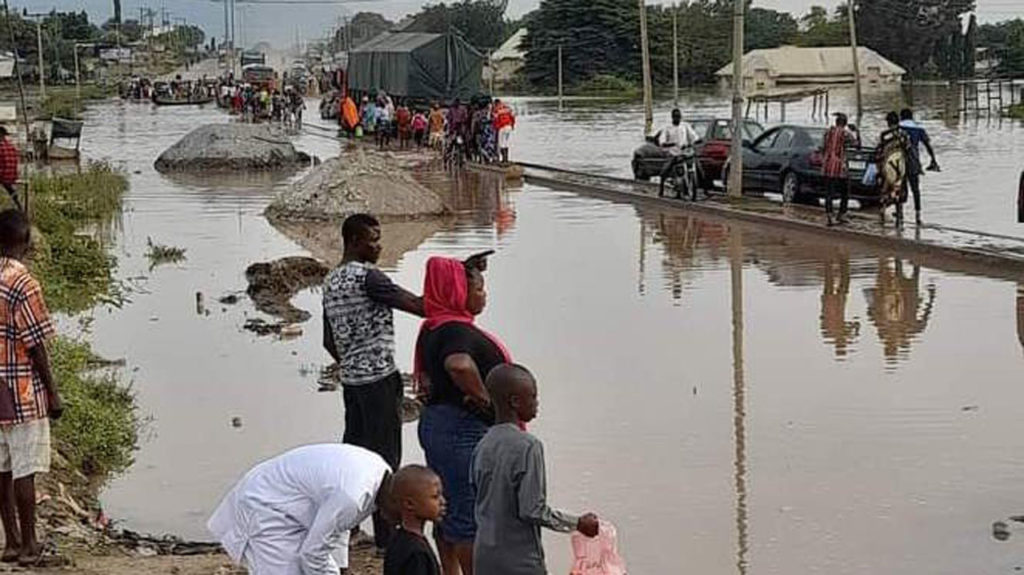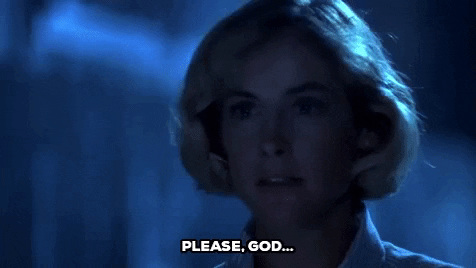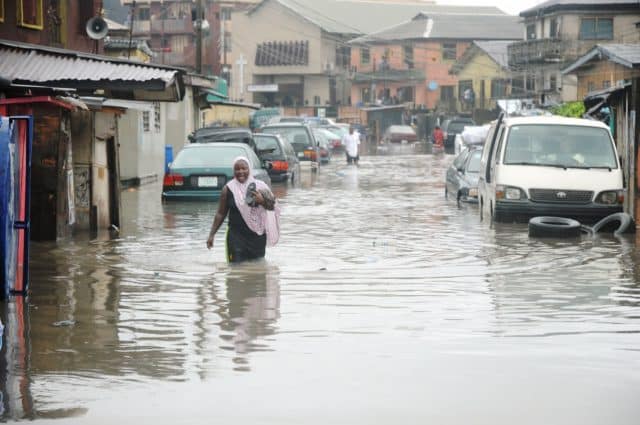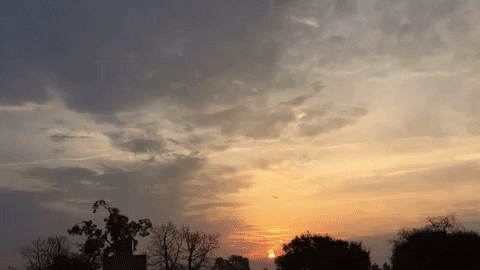In 2022, Nigeria experienced its worst flooding crisis in a decade. More than 30 states were affected, with states like Kogi and Bayelsa, bearing the worst brunt.
The federal government was criticised for its late and lacklustre response, which led to substantial physical and economic losses.
The jury’s still out on whether lessons have been learned going forward. Meanwhile, the Nigeria Meteorological Agency (NiMet), which is responsible for tracking rainfall, on January 24, 2023, released its 2023 Seasonal Rainfall Prediction (SRP) with serious warnings on unusual rainfall and floods.
What did the report say?
The report warned Nigerians to prepare for an earlier-than-expected onset of rainfall in most parts of Nigeria. Starting on or around March 2, the coastal areas of the south-south comprising Bayelsa, Rivers, and Akwa-Ibom will see heavy rainfall. Southern inland cities should see precipitation in April, while central states will see rain in May.
An extended rainfall season is predicted to occur in Gombe, Kaduna, Kwara, Enugu, Anambra, western Ogun, and Lagos states.
The northern states of Sokoto, Kebbi, Zamfara, Kano, Katsina, Jigawa, Yobe and Borno will have an onset of rain between June and July. Peak rainfall would be between July and September.
NIMET’s Director-General, Prof. Mansur Matazu, said there’d be flash floods in cities, while people living in flood-prone areas would experience worse situations.
[A flooded Nigerian community. Source EPA/GEORGE ESIRI]
What else should you know?
NiMet is working in partnership with the National Emergency Management Agency (NEMA), which provides expert analysis on disaster risk implications and produces disaster early warnings. NEMA has said it’s taking proactive measures like capacity development to manage future emergencies better.
Despite this, it’s in your interest to look out for yourself, mainly if you live close to areas at risk of flooding. Especially with the elections taking priority over other matters.
[Image source: NEMA]
How can you protect yourself?
As much as the government may promise to protect you from imminent flooding, you should still take practical steps to avoid being a victim. The government can do more by way of improving drainage systems. It can also partner with local authorities to create barriers to stem flooding in communities that are at risk. Structures that obstruct the flow of water should be demolished.
However, the devastating effects of climate change mean that riparian areas will suffer heavily when the rainy season commences.
If you live around these flood-prone areas, it’s time to start considering relocation far away from there. You can also try moving further inland.
Based on NiMet’s forecast, you have a head start of about a month.
For those who are resigned to staying put, we already did an explainer on how to protect your health in the event of a flooding emergency. We’ll keep you updated with any other information needed to keep you and your loved ones safe.
We write the news and track the 2023 elections for citizens by citizens in our weekly newsletter, Game of Votes. Make the subscription of a lifetime here.













